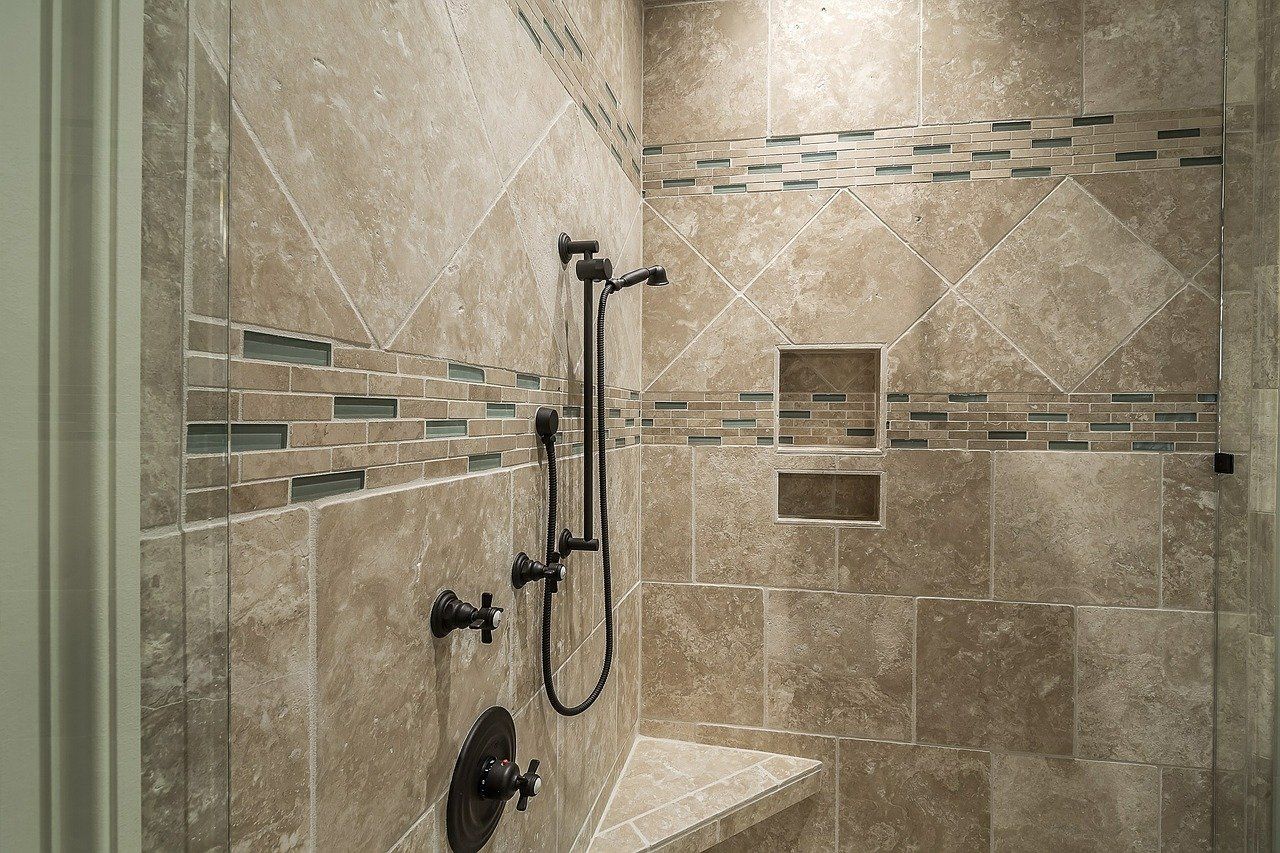Shower Not Working: 4 Common Reasons and How to Fix Them

A large number of leaks occur in plumbing pipes, faucets, and toilets. That’s because a water heater tank and the pipes leading to a shower can develop cracks over time. This will eventually cause your shower to stop operating correctly.
Nevertheless, leaks are merely one of the most prevalent causes of showers that don’t work properly. Let’s look at four other reasons your shower has stopped working and how you can fix them!
1. Blockage in a Tank or in the Water Supply Line
When there is a buildup of hard water minerals in the shower, you will experience poor water pressure. When there is no water coming from the shower, this typically indicates that the tanks or water pipes are entirely blocked. These contaminants may also build up on the inside surfaces of the pipes that provide water to your showerhead.
These mineral buildups may be cleaned and removed by licensed water heater repair professionals. This will help avoid blockages in your tank and supply lines in the future. However, once you have softer water, you’ll need to test the anode rod more often. Because incredibly soft water may corrode anode rods more quickly than very hard water, it’s advisable to have it examined at least once a year.
2. A Defective Anode Rod
The interior components of tanked water heaters are protected from corrosion by an anode rod. It’s a metal tube fitted onto the top of the tank, commonly composed of aluminum or magnesium. The rod “sacrifices” itself to attract oxidizing substances that would cause the tank to rust otherwise.
Hire a professional plumber to inspect anode rods in your shower water heater every three to four years. The longer you wait to replace your heater’s anode rod, the sooner it will fail. Shower concerns, such as foul-smelling or rust-colored water may become apparent during this period. The water heater repair professional will be able to replace it before it breaks entirely.
3. Water Tank or Water Supply Line Leaks
The larger the number of leaks, the greater the amount of water wasted and the higher your water costs. Not only that, but more water may be leaking out than water finding its way into your shower.
Aside from visible leaks in showerheads and faucets, the water heater tank may be leaking as well. Inspect your tank for leaking water, as well as the surrounding area for pools of water that may have accumulated. A leaky tank is most typically indicated by biological development (such as mold and algae).
4. A Defective Shower Valve
A faulty shower valve may be to blame for a malfunctioning showerhead or showerhead assembly. Shower valves are in charge of controlling both the flow and temperature of the water in the shower. This section of the showerhead or shower faucet sends the “mixed” water to the appropriate location.
A cracked or corroded rubber ring is the most likely reason when it comes to malfunctioning shower valves. If the valve fails and the damaged portion prevents the valve from opening, you will experience low water flow or pressure. The presence of faulty valves might also cause your shower handle to get stuck or to generate strange grinding noises.
The good news is that this is a quick and inexpensive remedy that simply requires the replacement of a worn ring. On the other hand, if the cartridge breaks, you will almost certainly need to replace the whole valve.
Conclusion
Shower leaks that go untreated are not only inconvenient but are also costly to fix. Occasionally, you may quickly fix the leak without the assistance of a professional. You should, however, be able to recognize an issue that is beyond your plumbing abilities to resolve. We will provide the services of a professional plumber without hesitation.
Contact All City Plumbers for plumbing installation or water leak repair done right the first time. We provide professional, high-quality, and fast bathroom plumbing services for clients in Birmingham, AL.











